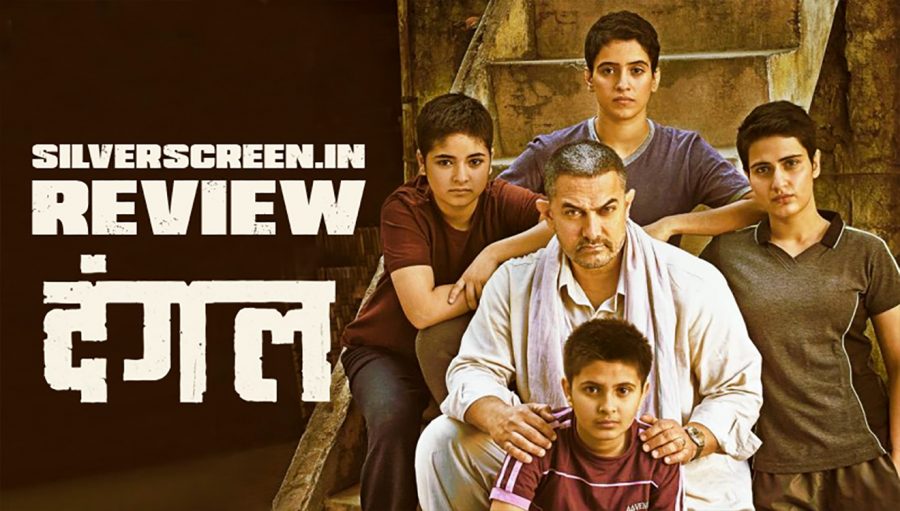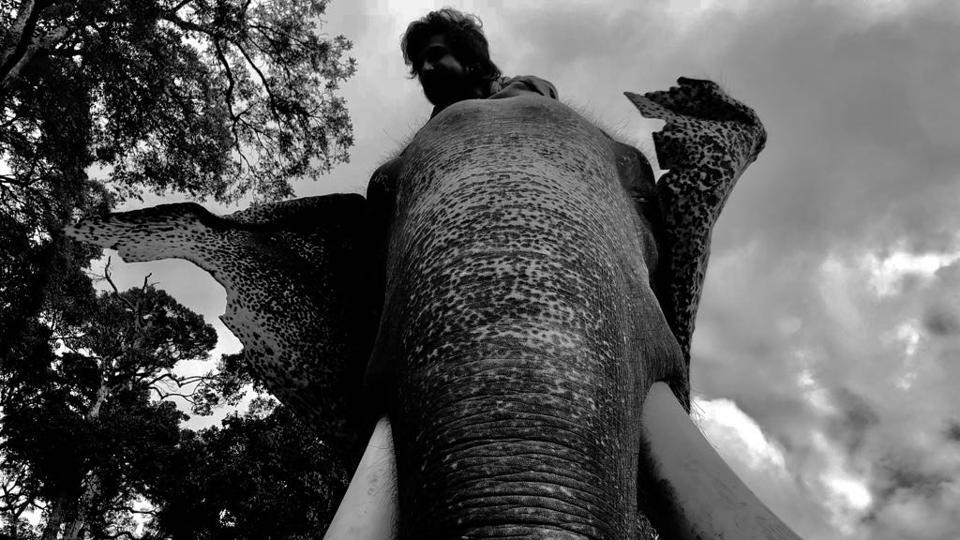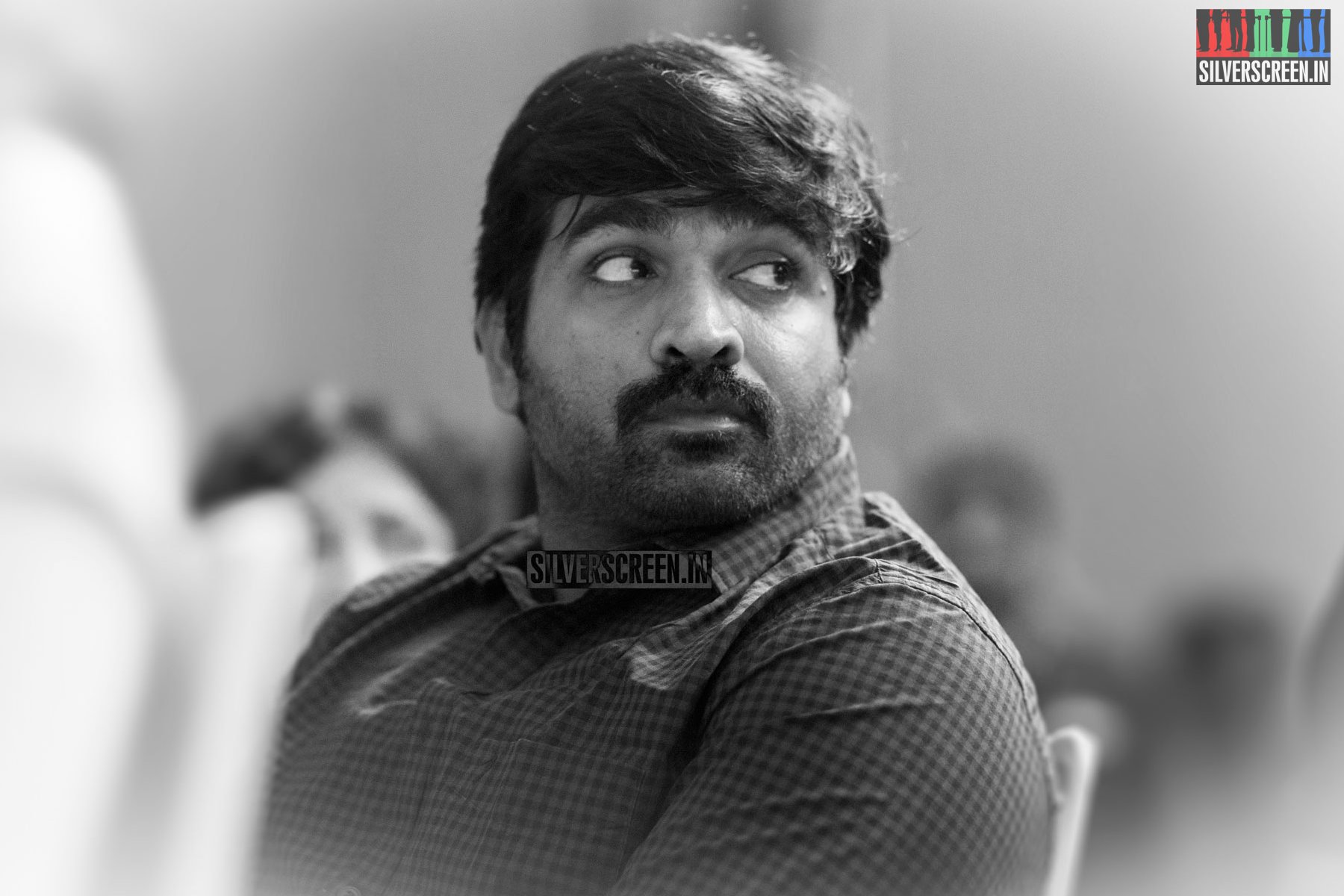At one point in Dangal, Mahavir Singh Phogat (Aamir Khan) approaches a sports official, asking him to fund a synthetic mattress for his oldest daughter’s training. But he is humiliated and sent back. That day he sits by the firelight and tells his brother, “Champions aren’t born. They are made. With love, hard work, and passion.”
Nitesh Tiwari’s Dangal is about a villager who eventually produces two wrestling champions, fighting against numerous odds, with love, hard work and passion. Dangal is also about these two little girls, who daringly fight male wrestlers twice their size and several times their weight, in front of crowds that laugh and leer.
Above all, Dangal is a film that beautifully celebrates wrestling, a sport that has ruled villages across north India, far from the limelight of popular media. The sport occupies the centrestage in the film. The characters and their emotional turmoil spiral around it.
***
Aamir Khan’s Lagaan, which released 15 years ago, was about a group of villagers padding up and swinging their locally made cricket bats. And swinging hard enough to beat a trained British team and win the country some lost dignity. Dangal is also set in rural India. But here the protagonists fight the local demons of patriarchy and bureaucratic arrogance.
Based on the life of Mahavir Singh Phogat and his daughters Geeta Phogat and Babita Kumari, Dangal has a straightforward storyline. It begins with the birth of Geeta and Babita, and ends with Geeta’s triumph at the Commonwealth Games.
When Mahavir’s wife gives birth to daughters, his dream of having a son to win a gold medal for India is dashed. Until the day it dawns on him – “A gold is a gold. How is it different is girl wins it?” Thus begins his mission to train Geeta and Babita and make them wrestling champions.
It’s not easy. In their village, in most villages, girls belong in the kitchen. When he pulls them out of the kitchen, and starts coaching them in a sport that is squarely in masculine turf, Mahavir earns more brickbats than bouquets. And worse, Geeta and Babita are reluctant. They neither care about wrestling nor understand their father’s dream. But nothing deters Mahavir, the tough taskmaster who wakes them up at 5 am every day, and trails them on an old Bajaj scooter as they jog through the village’s streets and fields. To help them run comfortably, he makes them wear t-shirts and shorts. He prepares a diet plan for them, cutting out sweets, spices, and everything delectable. The girls protest meekly and complain about being ridiculed in the neighbourhood and at school for their less than feminine behaviour.
Mahavir responds by chopping off most of their luscious hair.
***
This coaching method of Mahavir is problematic on several levels. In a different context, for instance, involving a father forcing his child to pursue electrical engineering because he could not win a gold medal in that subject, this parental pressure would be deemed as abuse. The film too duly acknowledges how abusive Mahavir’s training regime is. “It’s unfair to sacrifice the girls to fulfil your dream,” Mahavir’s wife (Sakshi Tanwar) tells him.
But the film takes his side, and everything he does turns out to be right.
Although Mahavir, with his paunch, cauliflower ears, shabby clothes, and grey hair, looks nothing like the typical heroes in a Salman Khan or Shah Rukh Khan film, he has this in common with them: he’s always right.
What makes the difference is the subtlety that Aamir Khan brings to his character. He lets the girls take the lead. He lets them believe that the story belongs to them. At the end, the spotlight naturally falls on this man whose every word, every action was in perfect judgement and sense. Geeta stumbles once, only because she didn’t listen to Mahavir. The coach at the National Sports Academy is an arrogant man with no teaching skills. He makes Mahavir look divine in contrast.
In fact, Mahavir can take home the award for best sportsperson, best coach, and even best feminist. It’s this flawlessness that makes Dangal a tad less impactful than it could have been.
***
The game’s innate toughness sets the first bar for the film’s two protagonists. Geeta and Babita are two ordinary teenagers in a village where patriarchy runs deep. Their first task is to shed their coyness and become physically strong. Thanks to the film’s eye on detail, this is easily the best part of the film. Their physical and mental transformation is gradual. Life in and around the Phogat household is tinged with humour. And everything is realistic – from the messy government office where Mahavir works to the way he introduces himself to Geeta’s national coach.
And Dangal treats its characters carefully. Sakshi Tanwar’s character, mostly a mute witness to her husband’s eccentric ways, has her moments.
Even the patriarchal mindset of the villagers is treated with kindness. The elderly men and women who frown and laugh at the Phogats are not shown aren’t monsters, just unaware of gender equality. Once Geeta starts winning, they gladly gather around her and shower her with praises. A male cousin happily supports the girls and Mahavir throughout this journey to the Commonwealth gold medal.
This kind of optimism around gender equality is stirring.
***
Dangal makes us watch in awe as the sport moulds the athlete in unforeseen ways. It’s something Lagaan and Chak De India couldn’t do. In one scene, little Babita and their cousin are counting the money that Geeta earned at championships. “Wah! Geeta, now you are a senior wrestler!” the boy says excitedly. Geeta smiles. And there’s a confidence in her smile that wasn’t there before. Only a few scenes ago, she was a timid, reluctant teenager who wanted to chuck the early morning exercises, return to ‘normal’ life, dress up in pretty salwars, and gorge on gol gappas and sweets.
In spite of the generic obviousness of sports dramas, Dangal has many suspenseful moments that keep the audience on the edge of their seats. Geeta’s first wrestling match in Rohtak, for instance, is a real nail-biter.
The film has a brilliant soundtrack. Dhaakad is a spunky number, equivalent to Lagaan‘s famous Baar Baar Haan. Abhishek Bhattacharya’s quirky lyrics make the former a tad greater than the latter. The colloquial Haryanvi of the songs makes thame charming, instantly likeable. When the song calls Geeta and Babita ‘cyclone in t-shirt and and shorts’, you can’t help but nod along. With songs like Dangal and Dhaakad, isn’t half the job done?
It’s hard to think of a more intelligent song than “Haanikaarak Bapu” in recent times. The children’s unwillingness to be a part of Mahavir’s mission, the physical strain they are put through, and the reaction of the villagers to this curious sight are brilliantly depicted in this song sequence.
***
Only days ago, master auteur Martin Scorsese had said that the proliferation of images and an over-reliance on superficial technologies had diminished the power of cinema for younger audiences. “Cinema is gone”, he said. “It should matter to your life. Unfortunately the latest generations don’t know that it mattered so much.” For an Indian audience used to Bollywood films, this degradation is a familiar fact.
Recommended
Into this industry of superficial dramas set in exotic locales and centred around characters whose individuality is more or less dependent on the expensive clothes they wear, Aamir Khan and Nitesh Tiwari have brought us Dangal, a movie which genuinely cares about life. It’s the kind of cinema that makes you look at the people around you in a new, warm light. It asks us to see potential champions in little girls, not pretty curls and marriage prospects. It speaks volumes of the power of human will. It uses actors as a tool to the storytelling, not just as pretty camera props.
Khan walks, talks and fights like a 60-year-old man, without dropping a hint that in real life, he’s a dashing star with a perfect body. Zaira Wasim and Suhani Bhatnagar, the child artistes who hold the fort in the first half of the film, perform exceptionally well. You genuinely miss them in the second half.
Dangal has its flaws, but it’s easily 2016’s most heartwarming film. And it makes you forgive Bollywood for all the soulless flashy films it relentlessly churns out.
*****
The Dangal review is a Silverscreen original article. It was not paid for or commissioned by anyone associated with the movie. Silverscreen.in and its writers do not have any commercial relationship with movies that are reviewed on the site.



